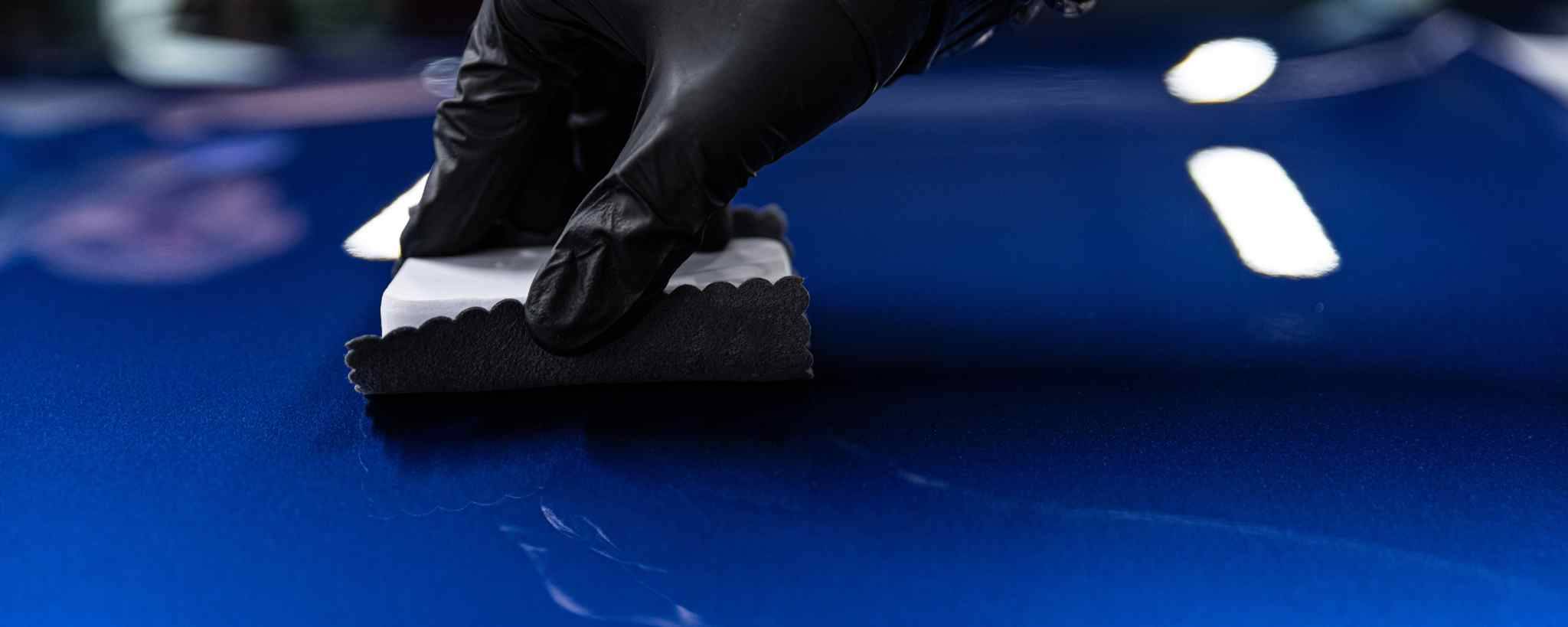Is Vinegar Safe on Car Paint
Using diluted vinegar occasionally is considered as a safe option to clean light stains but you also need to consider the long term damage that vinegar might cause on car's paint.

Written by:
Parham Koukia
Reviewed By:
Editorial Team
Published: December 30, 2024
Updated: October 09, 2025
Use AI to summarize this article:
Applying vinegar to car paint is often known to be one of the most common, natural, and affordable solutions to clean the car paint. But, is it safe to use vinegar on car paint?
This is a never-ending discussion among car owners so let’s dive into the topic and find the answers!
What is Vinegar and How Does it Work?
Vinegar, an acidic solution, is one of the most common household cleaners. Vinegar is popularly known for its effectiveness in removing grime, stains, and even mineral deposits. However, its acidity is what makes it tricky to use vinegar on car surfaces.
On most household surfaces, vinegar works wonders without doing much harm. But car paint is protected by a delicate layer of clear coat, designed to protect against environmental elements and introducing an acidic cleaner like vinegar can compromise this layer, leading to dullness or damage over time.
Effects of Vinegar on Car Paint
Short-Term Effects of Vinegar
Using diluted vinegar occasionally may not cause immediate visible damage. It can remove light water spots or dirt effectively is used properly.
However, even short-term exposure can weaken the protective coating, leaving the surface vulnerable.
Long-Term Effects of Vinegar
Repeated use or leaving vinegar on the surface for an extended period can strip away the clear coat, resulting in faded paint. Over time, this could lead to discoloration and make the paint susceptible to corrosion from weather conditions or other contaminants.
Note: While vinegar can be used to clean the interior of a car, it's always a good to be extra careful while using on car's paint.
Safer Alternatives to Vinegar for Cleaning Cars
pH-Neutral Cleaners
Specialized pH-neutral car cleaning products are designed to clean effectively without harming your car’s paint. These cleaners are formulated to maintain the integrity of your car’s clear coat, offering a safer and more reliable solution.
Commercial Car Cleaning Products
If you’re dealing with stubborn stains or water spots, commercial car cleaning solutions are a safer bet.
Commercial car cleaning products are specifically engineered for automotive use and often come with easy-to-follow instructions.
Conclusion
If you are still wondering whether you should clean you car's paint with vinegar, try it in the small and inconspicuous area first. Always dilute vinegar with an equal amount of water and apply it gently using a soft microfiber cloth.
If you are not careful, or apply undiluted vinegar directly on car surface the acidic properties of vinegar can be too abrasive leading to some costly repairs in the future.
For a safer and more effective approach, it’s always a good idea to rely on professional detailers rather than directly trying harmful chemicals on the car's surface.
Expert uses professional car cleaning products to prioritize the car’s safety and shine. This way, you won’t just protect your car but also save time and effort!

Parham Koukia
Lead Car Detailer / Operations Manager
With nearly 15 years of hands-on detailing experience, Parham has become a trusted authority in the auto care world. His work is regularly spotlighted in leading outlets like CNN, GoBankingRates, and Family Handyman. Parham likes to share his knowledge to offer in-depth tips on equipment selections, seasonal car care, and some secret car cleaning tips used by detailers in the real world!
Read more
